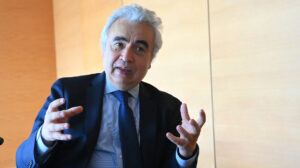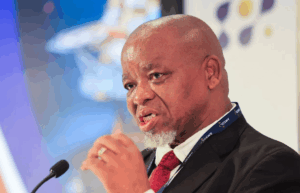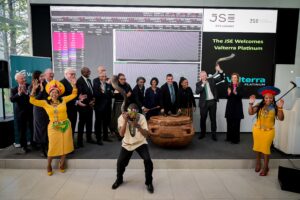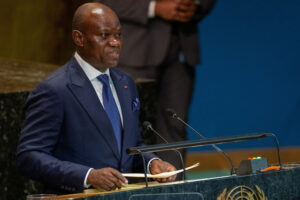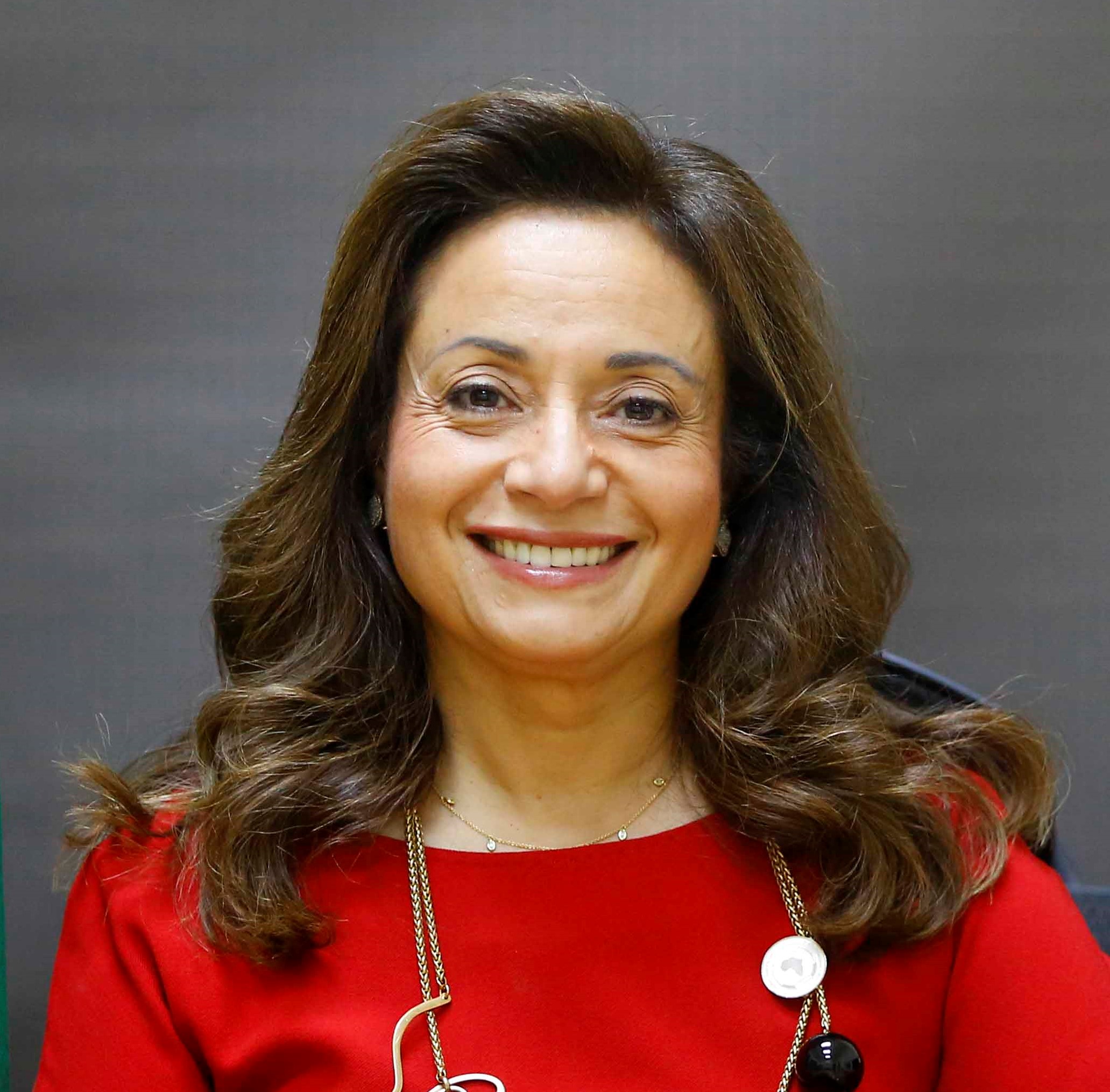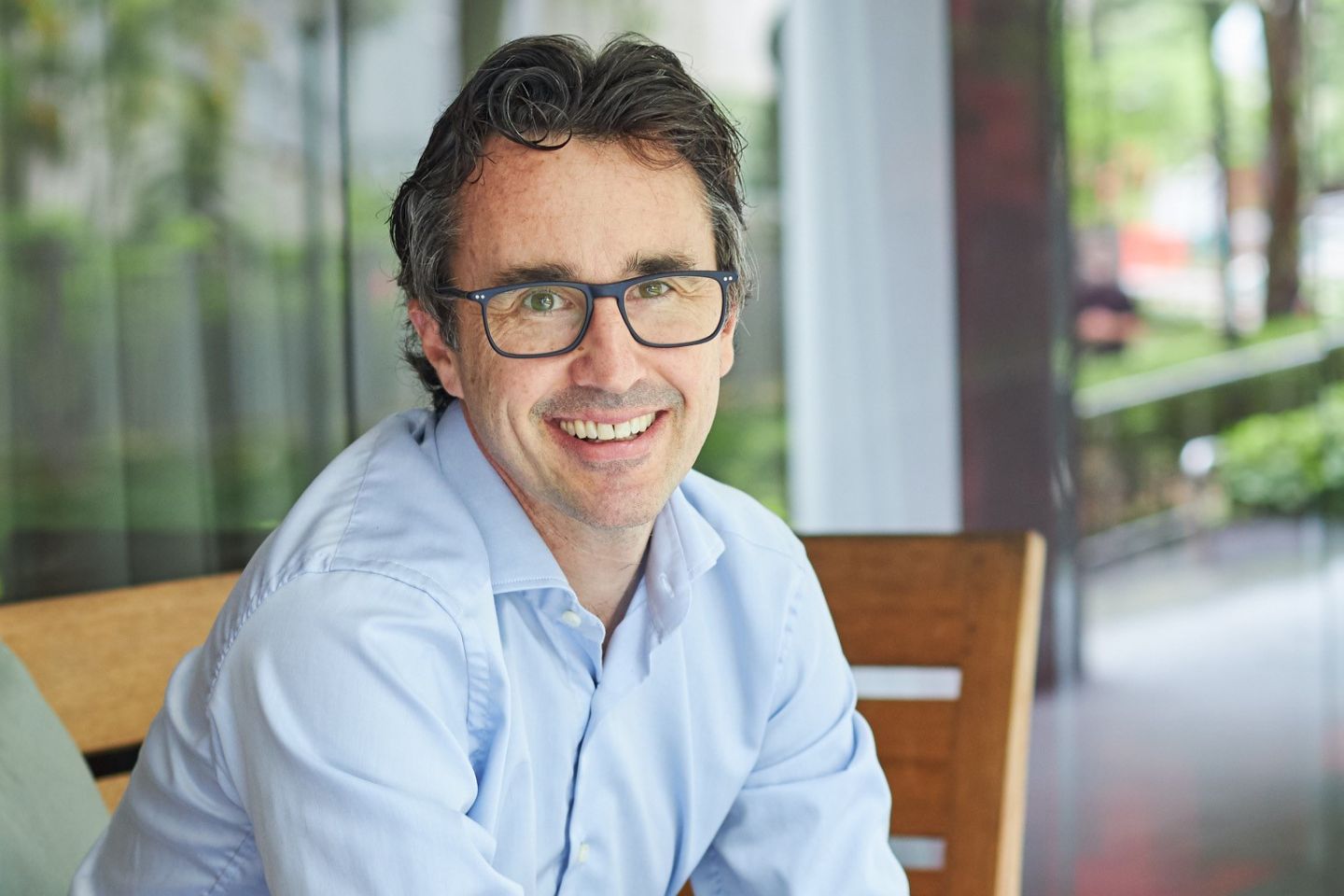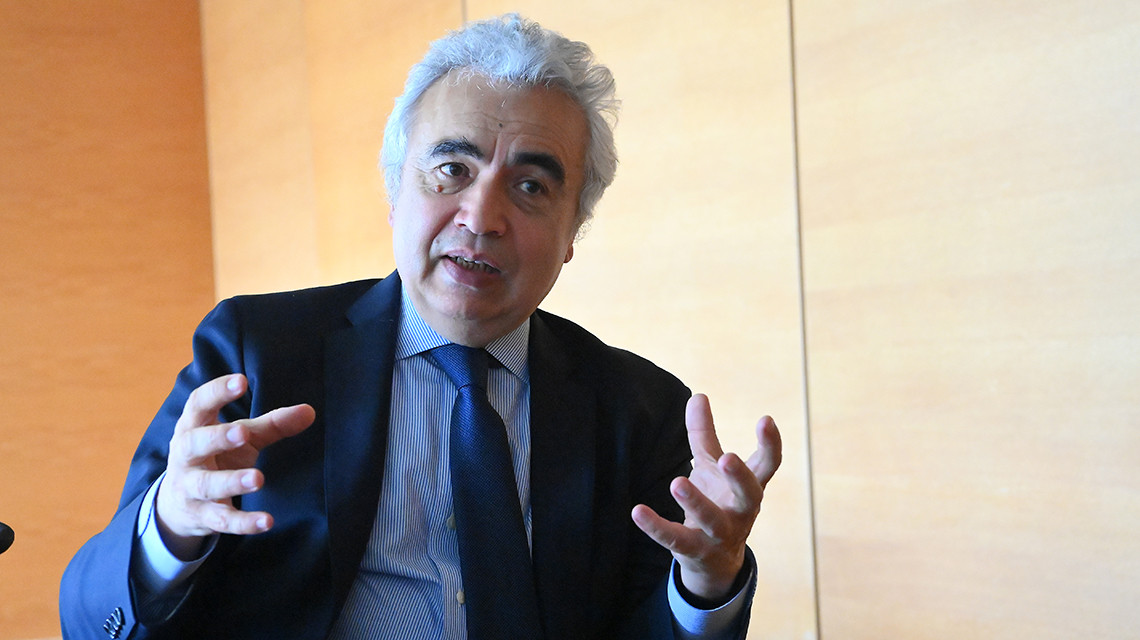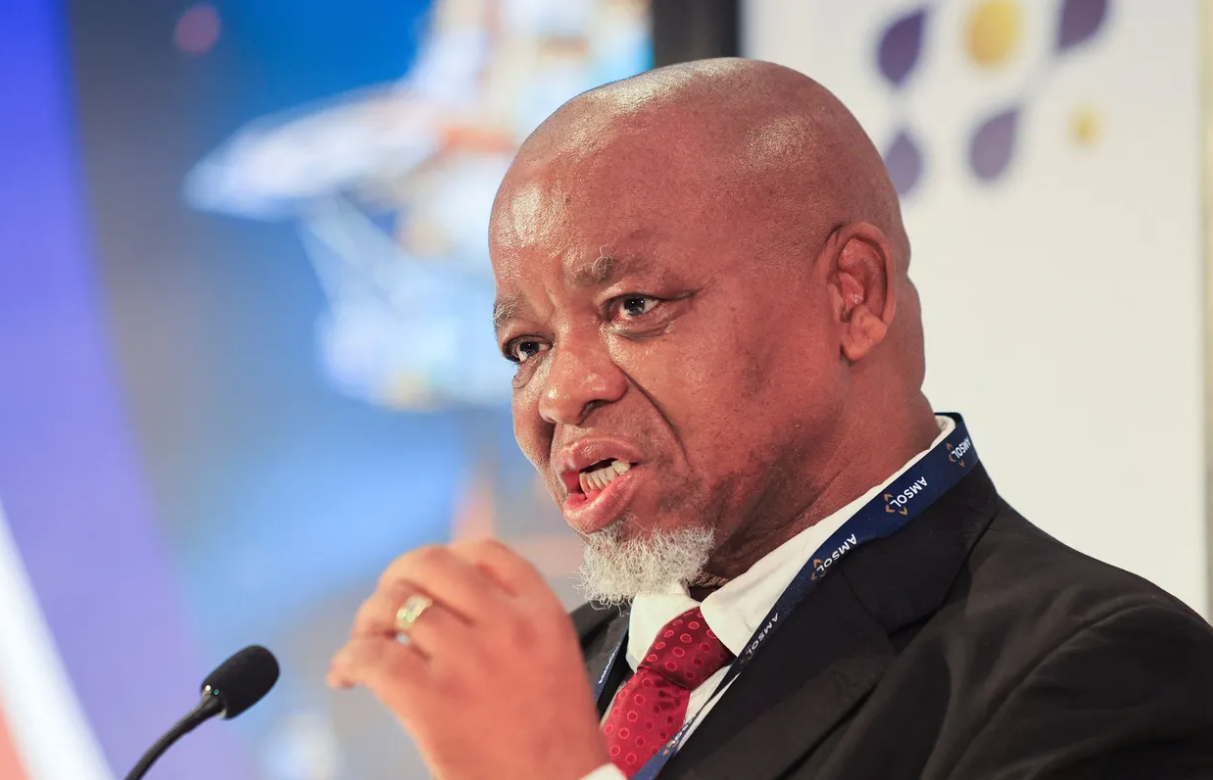Africa still has an energy access problem; we need to discuss that before we speak of Just Transition.
This sentiment was expressed by Dr Amani Abou-Zeid, commissioner for infrastructure and energy at the African Union Commission at a panel discussion that took places at the at the African Oil Week and Green Energy Africa conference in Cape Town. Dr. Amani Abou-Zeid is the elected Commissioner for Infrastructure and Energy at the African Union Commission (AUC). She is in charge of sectors covering Energy, Transport, Tourism and ICT. Prior to joining the AUC, Dr. Abou-Zeid has served for more than 30 years in leadership roles at top-tier international organisations, such as the African Development Bank (AfDB), UNDP and USAID, with a focus on infrastructure and energy programmes.
“Africa is only responsible for 3% of the world’s emissions. A fully connected African continent will have our emissions standing at only 4%. Therefore, current discussion around the world does not apply to Africa because we do not speak from the same starting place, whether it’s equity, whether it’s access”, said Dr Abou-Zaied.
“We want to ensure our resources work for us and not blindly following someone else’s agenda,” said Abou-Zeid.
She reiterated: “That being said, Africa has never been a climate denier; we have been the hardest hit by climate impacts.”
An Egyptian national, Dr Abou-Zauied managed AfDB’s largest operational portfolio and implemented national and continental multi-sectoral development programmes, including implementing the world’s largest solar power plant. She launched the Single African Air Transport Market, African Single Energy Market, First African Digital Transformation Strategy as well as developed the second 10-year Programme for Infrastructure Development in Africa – which delivered on major continental programmes and initiatives for African Integration under African Union Agenda 2063.
Speaking at the same conference, South Africa’s mining minister Gwede Mantashe called for ‘Afrocentricity” in the Just Transition, stating that a complete switch off of coal power stations in South Africa’s coal mining belt of Mpumalanga would create instant ghost towns.
We are unanimous with the EU and the world that we need move towards lower carbon emissions. That debate is settled. The real issue is in the detail of that transition. If it [the transition] is just, justice must be seen to be done… it must be people-centred… three; it must be community-focused because there will be communities affected by that transition.”
More than 30 African energy ministers, numerous fossil fuel company executives, and renewable energy businesspeople from across the continent attended the conference, which sounded Africa’s collective posture ahead of COP 27, which will be held in Sharm el-Sheikh, Egypt, from November 6 to 18, 2022.



